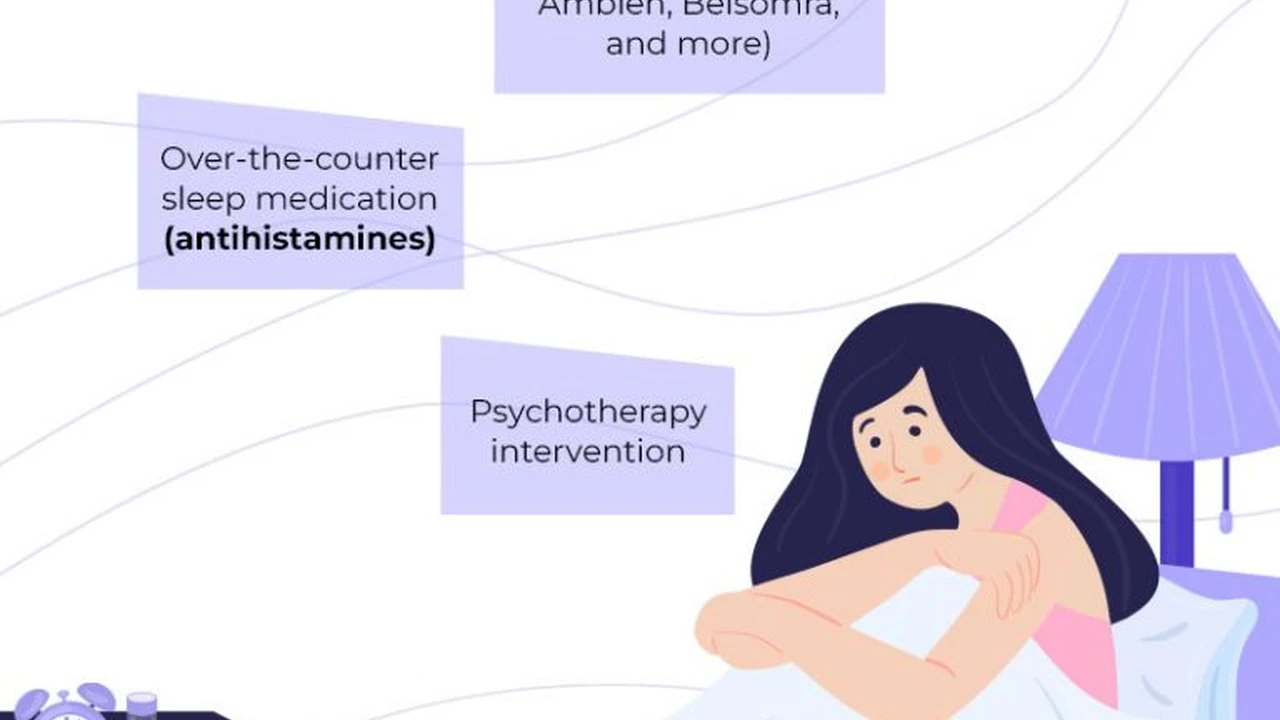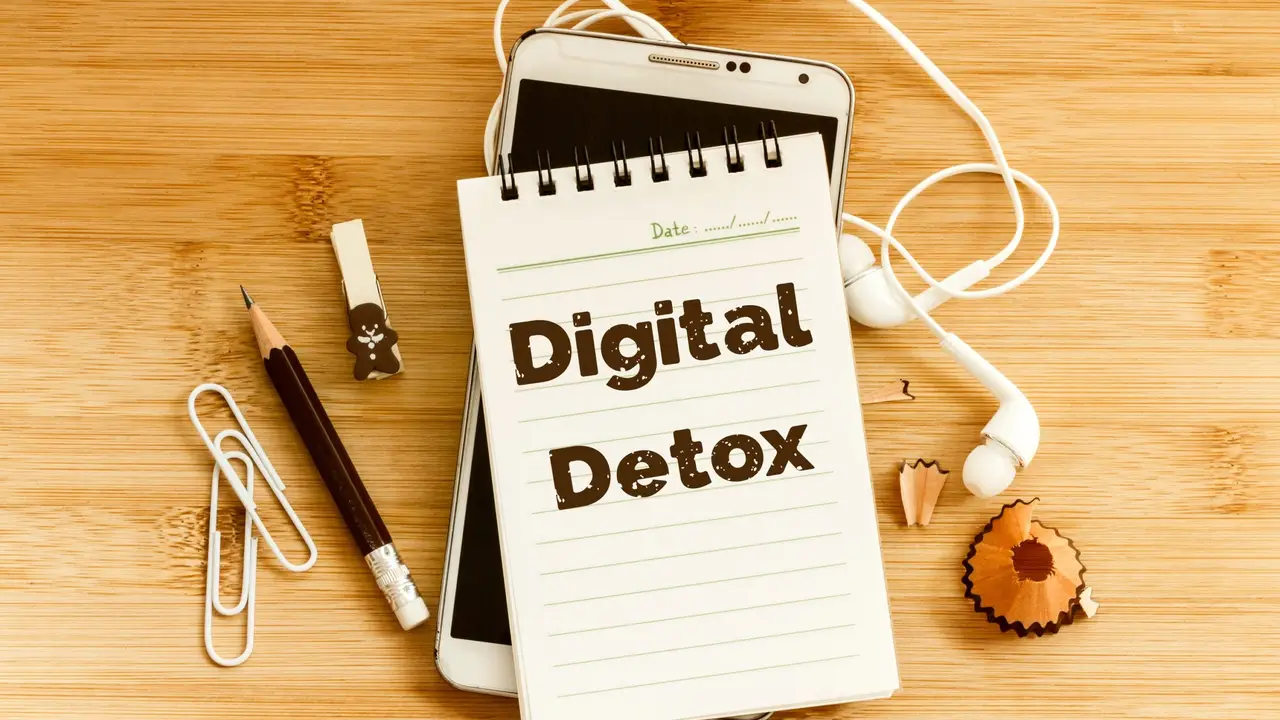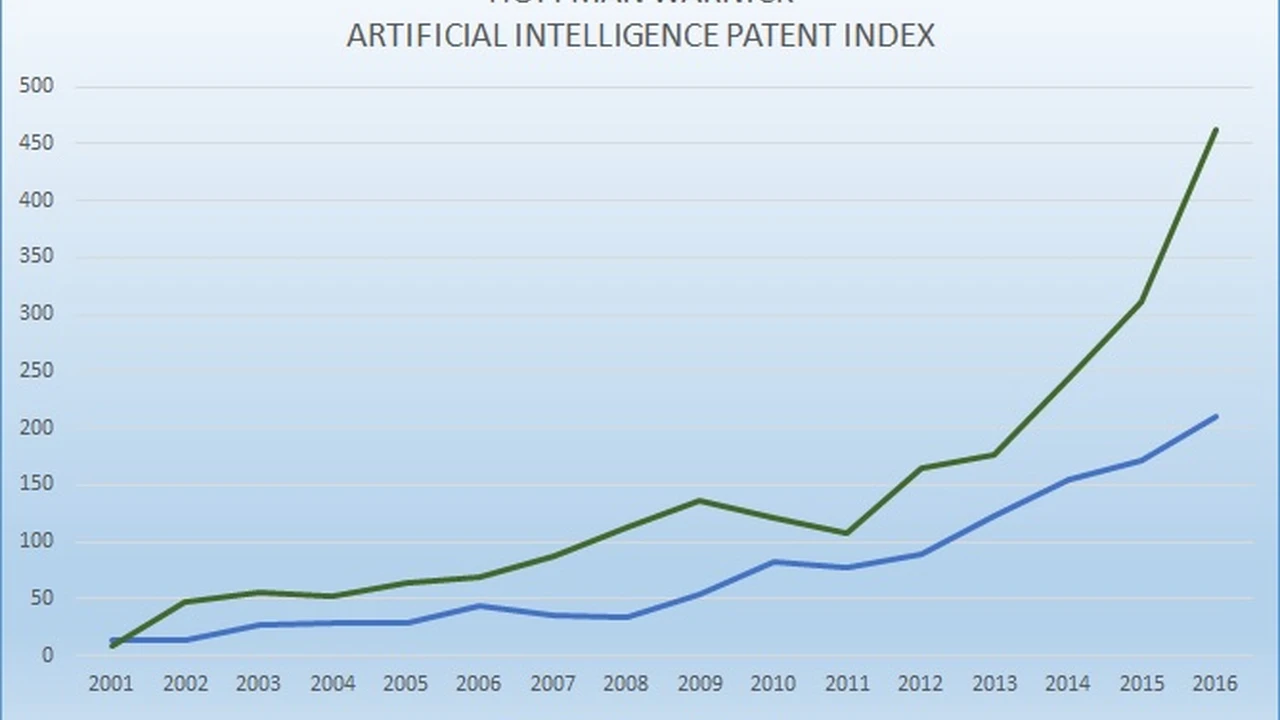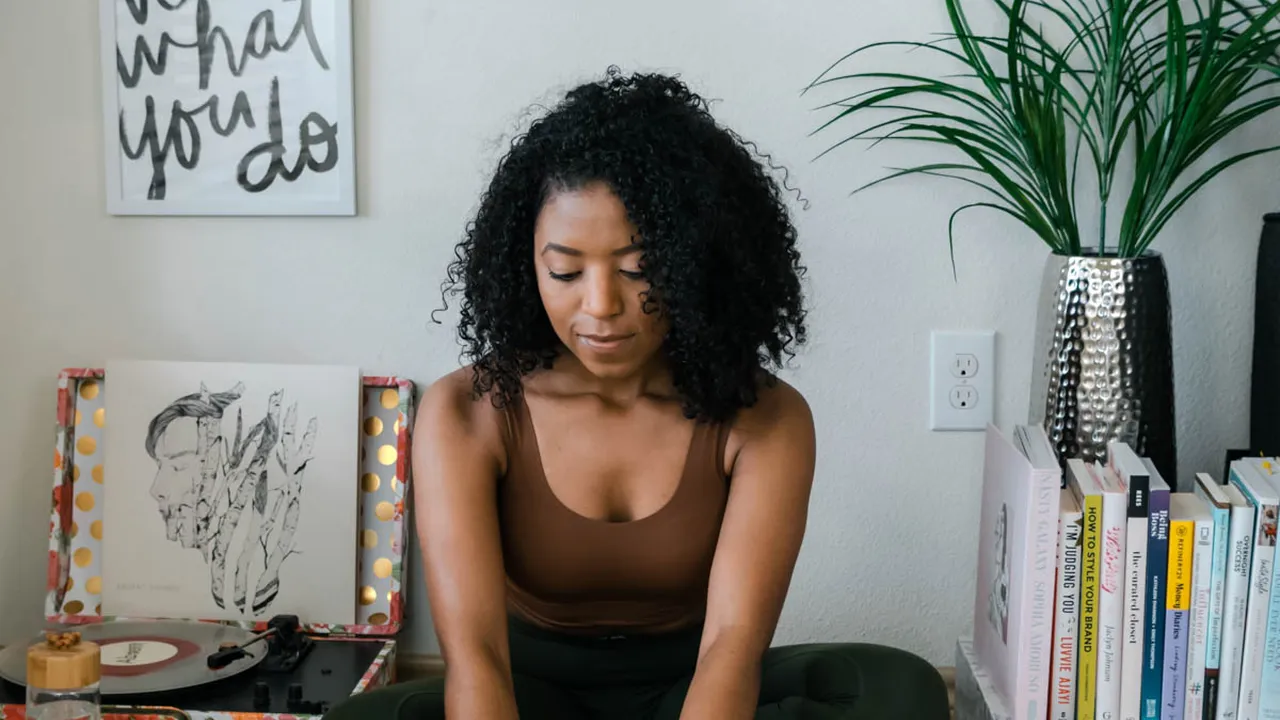Insomnia: Symptoms, Causes, and Treatment Options
Sample meta description.

Understanding Insomnia Symptoms and Their Impact on Your Life
So, you're tossing and turning, staring at the ceiling at 3 AM again? Yeah, insomnia. We've all been there, or at least know someone who has. But what exactly is insomnia? It's more than just a bad night's sleep. It's a persistent difficulty falling asleep, staying asleep, or waking up too early, even when you have the time and the right environment for sound sleep. And it's not just about feeling tired the next day. Insomnia can wreak havoc on your mood, energy levels, concentration, and even your overall health.
The symptoms of insomnia can vary from person to person, but some of the most common include:
- Difficulty falling asleep (taking longer than 30 minutes to drift off)
- Waking up frequently during the night
- Trouble going back to sleep after waking up
- Waking up too early in the morning
- Feeling tired or unrefreshed after sleep
- Difficulty concentrating or remembering things
- Irritability, depression, or anxiety
- Headaches
- Increased errors or accidents
- Worrying about sleep
These symptoms aren't just annoying; they can seriously impact your daily life. Imagine trying to focus on a critical presentation at work when your brain feels like it's running on fumes. Or trying to enjoy a fun weekend with friends when you're constantly battling fatigue. Insomnia can affect your relationships, your job performance, and your overall quality of life. It's important to recognize these symptoms and seek help if they're becoming a chronic problem.
Exploring the Root Causes of Insomnia Sleep Disorders
Why does insomnia happen? Well, that's the million-dollar question. There's rarely one single cause; it's usually a combination of factors that contribute to sleep disturbances. Let's break down some of the most common culprits:
- Stress: This is a big one. Work deadlines, relationship problems, financial worries – all of these can keep your mind racing at night.
- Anxiety and Depression: These mental health conditions are often linked to insomnia. Anxiety can make it hard to relax and fall asleep, while depression can disrupt your sleep patterns.
- Poor Sleep Habits: We're talking about things like irregular sleep schedules, napping during the day, using electronic devices before bed, and consuming caffeine or alcohol close to bedtime.
- Medical Conditions: Certain medical conditions, such as chronic pain, asthma, sleep apnea, and restless legs syndrome, can interfere with sleep.
- Medications: Some medications, including those for colds, allergies, depression, high blood pressure, and asthma, can have insomnia as a side effect.
- Caffeine, Alcohol, and Nicotine: These substances can disrupt your sleep cycle and make it harder to fall asleep or stay asleep.
- Age: Insomnia becomes more common with age, partly due to changes in sleep patterns and an increased risk of medical conditions.
- Travel: Jet lag can throw off your body's natural sleep-wake cycle, leading to temporary insomnia.
- Shift Work: Working irregular hours can disrupt your circadian rhythm and make it difficult to sleep at normal times.
It's important to identify potential causes of your insomnia to develop an effective treatment plan. Keep a sleep diary to track your sleep habits, stress levels, and any medications you're taking. This information can be helpful for your doctor or sleep specialist.
Effective Treatment Options for Insomnia Relief and Better Sleep
Okay, so you know you have insomnia, and you have a general idea of what might be causing it. What can you do about it? Fortunately, there are a variety of treatment options available, ranging from lifestyle changes to medication. Let's explore some of the most effective approaches:
- Cognitive Behavioral Therapy for Insomnia (CBT-I): This is often considered the gold standard treatment for insomnia. CBT-I helps you identify and change negative thoughts and behaviors that contribute to your sleep problems. It involves techniques like stimulus control, sleep restriction, and relaxation training.
- Sleep Hygiene: This refers to a set of healthy sleep habits that can improve your sleep quality. Examples include maintaining a regular sleep schedule, creating a relaxing bedtime routine, making sure your bedroom is dark, quiet, and cool, and avoiding caffeine and alcohol before bed.
- Relaxation Techniques: Practices like meditation, deep breathing exercises, and progressive muscle relaxation can help calm your mind and body before bed.
- Medication: Your doctor may prescribe sleep medications to help you fall asleep or stay asleep. However, these medications should be used with caution and under close medical supervision, as they can have side effects and may not be a long-term solution. Examples include prescription sleep aids like Ambien, Lunesta, and Sonata, as well as over-the-counter options like melatonin.
- Light Therapy: Exposure to bright light during the day can help regulate your circadian rhythm and improve sleep. This is particularly helpful for people with jet lag or shift work.
- Alternative Therapies: Some people find relief from insomnia through alternative therapies like acupuncture, yoga, and herbal remedies. However, it's important to talk to your doctor before trying any alternative treatments.
The best treatment approach for insomnia depends on the underlying cause and the severity of your symptoms. It's often a combination of different strategies that works best. Don't hesitate to seek professional help from a doctor or sleep specialist to develop a personalized treatment plan.
Product Recommendations for a Better Night's Sleep: Finding What Works for You
Alright, let's get practical. Besides the general advice, what specific products can help you combat insomnia? Here are a few recommendations, with details on their use, comparisons, and price ranges:
Weighted Blankets for Anxiety and Sleep: A Cozy Solution
Product: YnM Weighted Blanket
Use: Weighted blankets provide deep pressure stimulation, which can help reduce anxiety and promote relaxation. They feel like a gentle hug, which can be incredibly soothing before bed.
Scenario: Perfect for individuals with anxiety, restless legs syndrome, or sensory processing issues. Use it while reading in bed, watching TV, or simply relaxing before sleep.
Comparison: Compared to other weighted blankets, YnM is known for its even weight distribution and breathable cotton material. Some cheaper blankets may have uneven weight distribution or use less comfortable materials.
Price: $50 - $150 depending on size and weight.
White Noise Machines for Sound Masking: Creating a Peaceful Environment
Product: LectroFan White Noise Machine
Use: White noise machines mask distracting sounds, creating a more peaceful and conducive sleep environment. They can help block out traffic noise, snoring partners, or noisy neighbors.
Scenario: Ideal for light sleepers, people living in noisy environments, or anyone who needs help blocking out distractions. Use it in your bedroom, office, or even while traveling.
Comparison: LectroFan is superior to many other white noise machines because it generates realistic, non-looping sounds. Many cheaper machines use looped sounds that can become repetitive and annoying.
Price: $30 - $60
Sleep Masks for Light Blocking: Achieving Total Darkness
Product: Manta Sleep Mask
Use: Sleep masks block out light, which is essential for optimal melatonin production and sleep quality. They can help you fall asleep faster and stay asleep longer, even in bright environments.
Scenario: Perfect for travelers, shift workers, or anyone who needs to sleep during the day. Also great for people with bedrooms that aren't completely dark.
Comparison: Manta Sleep Mask is designed for comfort and adjustability. It features contoured eye cups that block out 100% of light without putting pressure on your eyes. Cheaper masks may be uncomfortable or let light in.
Price: $30 - $50
Smart Mattresses for Personalized Comfort and Sleep Tracking
Product: Eight Sleep Pod 3
Use: Smart mattresses like the Eight Sleep Pod 3 offer personalized temperature regulation, sleep tracking, and smart home integration. They can help you fall asleep faster, stay asleep longer, and wake up feeling refreshed.
Scenario: Ideal for couples with different temperature preferences, people who want to track their sleep data, or anyone who wants to optimize their sleep environment.
Comparison: The Eight Sleep Pod 3 stands out for its advanced temperature regulation capabilities. It can cool or heat your side of the bed independently, ensuring optimal comfort for both partners. While expensive, it offers a significant upgrade in sleep technology compared to traditional mattresses.
Price: $3,000 - $4,000
Supplements for Sleep Support: Proceed with Caution and Consult a Doctor
Product: Magnesium Glycinate Supplements
Use: Magnesium glycinate is a form of magnesium that is easily absorbed by the body and can help promote relaxation and improve sleep quality. It can help regulate neurotransmitters involved in sleep and reduce muscle tension.
Scenario: Suitable for individuals with magnesium deficiencies or those seeking a natural sleep aid. Can be taken before bed to promote relaxation and improve sleep onset.
Comparison: Magnesium glycinate is generally better tolerated than other forms of magnesium, such as magnesium oxide, which can cause digestive upset. However, it's essential to consult with a doctor before taking any supplements, especially if you have underlying health conditions or are taking other medications.
Price: $15 - $30 per bottle
Remember, finding the right products for sleep is a personal journey. What works for one person may not work for another. Experiment with different options and pay attention to how your body responds. And always consult with a healthcare professional before making any significant changes to your sleep routine or taking any new medications or supplements.
:max_bytes(150000):strip_icc()/277019-baked-pork-chops-with-cream-of-mushroom-soup-DDMFS-beauty-4x3-BG-7505-5762b731cf30447d9cbbbbbf387beafa.jpg)






